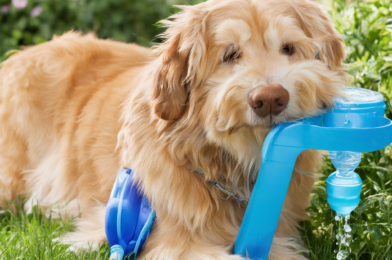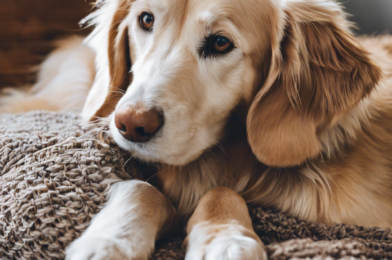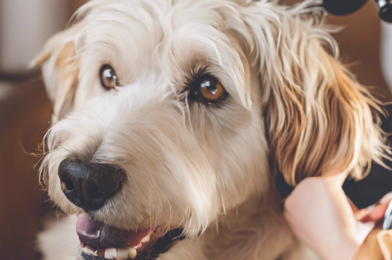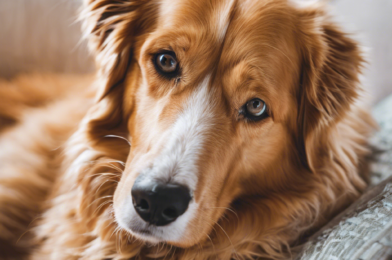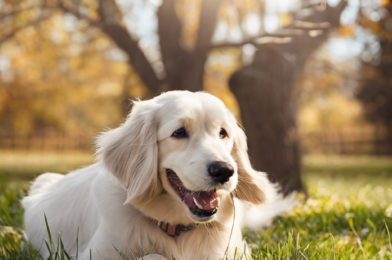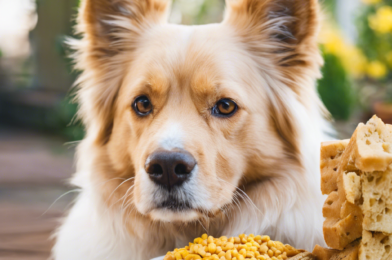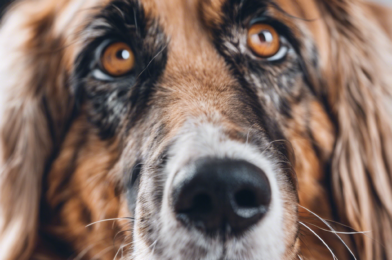As our pets age, it’s crucial to pay extra attention to their hydration levels, especially for senior pets. Just like humans, proper hydration is essential for maintaining their overall health and well-being. Here are some helpful hydration tips to ensure your senior pets stay healthy and hydrated:
1. Keep Fresh Water Available: Make sure to provide your senior pets with fresh, clean water at all times. Place multiple water bowls around the house to make it easily accessible for them to drink whenever they feel thirsty.
2. Monitor Water Intake: Pay attention to how much water your senior pet is drinking on a daily basis. Any sudden changes in their water consumption could indicate an underlying health issue that needs to be addressed by a veterinarian.
3. Consider Wet Food: If your senior pet is having difficulty drinking enough water, consider incorporating wet food into their diet. Wet food has a higher water content, which can help keep them hydrated.
4. Use Elevated Water Bowls: For senior pets with mobility issues, elevated water bowls can make drinking easier and more comfortable for them. This simple adjustment can encourage them to drink more water throughout the day.
5. Add Flavor to Water: Some senior pets may be more enticed to drink water if it has a hint of flavor. You can add low-sodium chicken or beef broth to their water to make it more appealing to them.
6. Regular Vet Check-ups: Schedule regular check-ups with your veterinarian to monitor your senior pet’s overall health, including their hydration levels. Your vet can provide valuable insights and recommendations to ensure your pet stays hydrated.
7. Avoid Dehydration Signs: Be aware of the signs of dehydration in senior pets, such as sunken eyes, dry gums, lethargy, and loss of appetite. If you notice any of these symptoms, seek immediate veterinary care.
8. Consult a Professional: If you have any concerns about your senior pet’s hydration levels or overall health, don’t hesitate to consult a professional veterinarian. They can offer tailored advice and treatment options to keep your pet healthy and hydrated.
By following these hydration tips for senior pets, you can help ensure that your beloved furry companions stay hydrated and healthy as they age. Remember, proper hydration is key to their overall well-being and quality of life.
